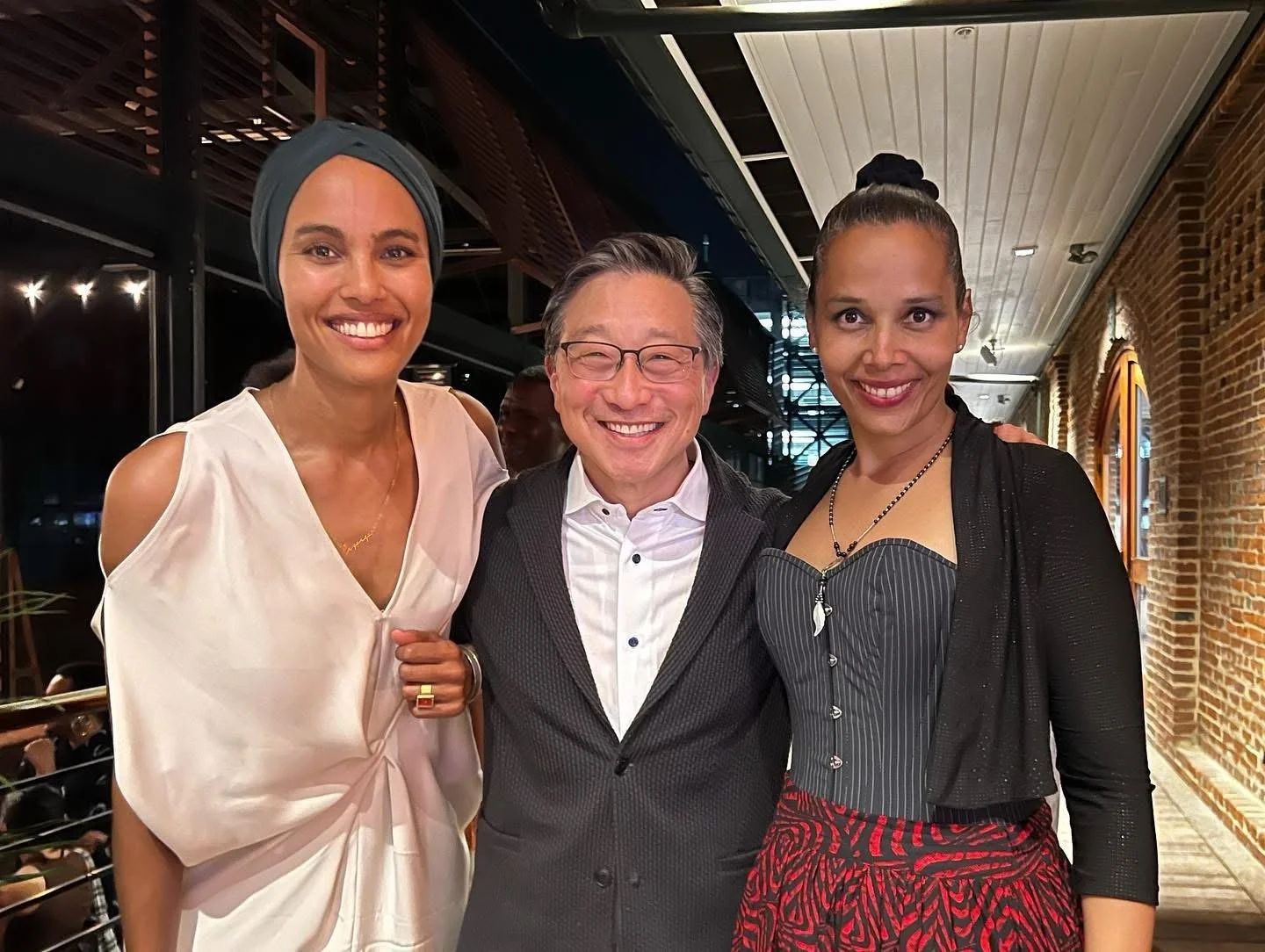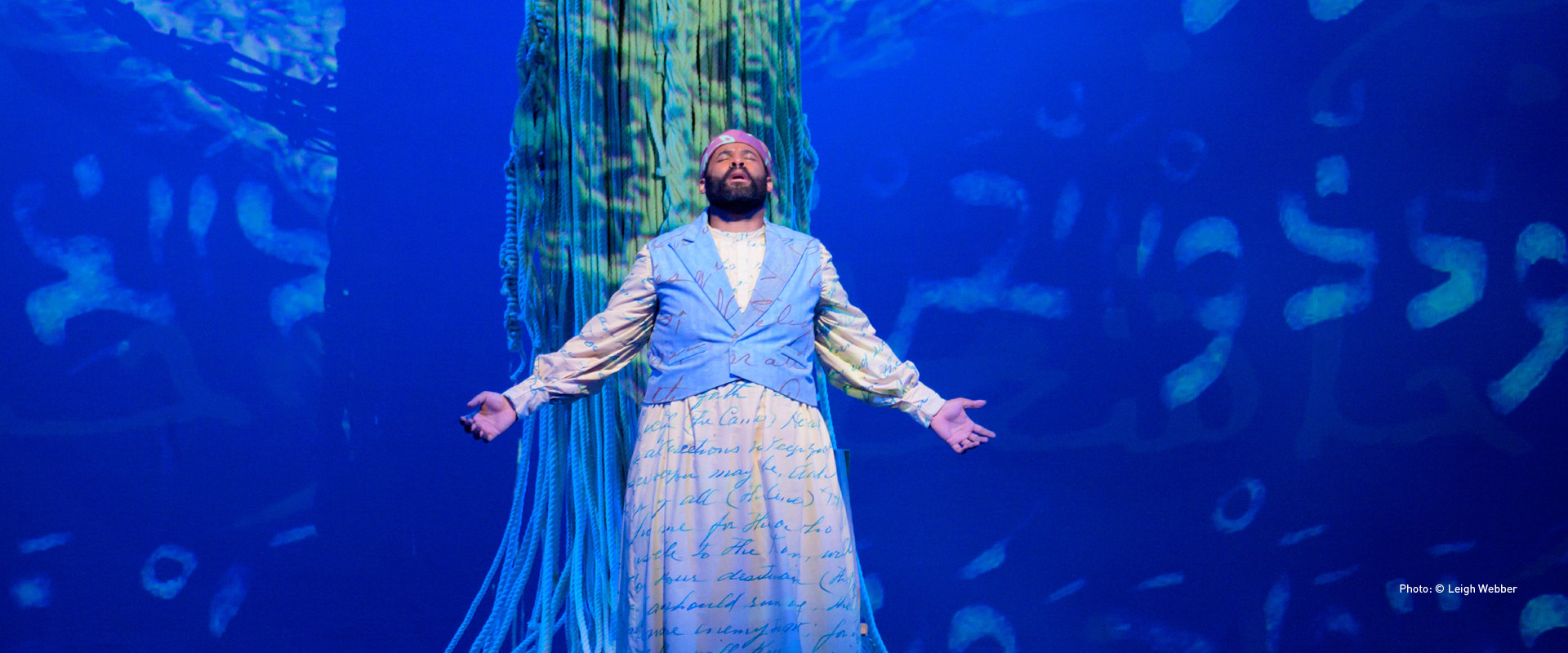Why Now
We are living through one of the most consequential shifts in the history of cultural institutions. The long-standing models that have governed our museums, orchestras, theaters, and dance companies are straining under the weight of new societal demands. Conversations about equity, access, civic responsibility, and systemic injustice are no longer peripheral—they are central. The pandemic only accelerated what has long been visible: cultural leadership must transform.
For too long, excellence and equity have been framed as competing priorities. Institutions have celebrated artistic virtuosity while neglecting whose stories are told, whose voices are amplified, and whose communities are truly served. Funders have maintained transactional grantmaking models that often reinforce power asymmetries rather than dismantle them. And many organizations have relied on outdated governance structures that are ill-equipped to navigate the complexity of today’s challenges.
The future requires something fundamentally different.
We need cultural leaders who are willing to ask harder questions:
How can institutions be shaped by marginalized communities, not just serve them?
How do we balance artistic excellence with civic responsibility?
How can philanthropy build trust, embrace risk, and drive systemic change?
I believe this moment calls for cultural institutions to operate as civic platforms — not neutral presenters, but active partners in advancing social good. This requires more than good intentions; it demands new governance models, new funding mechanisms, and new forms of leadership that are willing to challenge inherited assumptions.
My work is devoted to partnering with organizations who are prepared to lead with courage and creativity. This is not work for the risk-averse. But for those who are ready, it is the most urgent and hopeful work of our time.
The future is being written now. The question is who will lead?
Kaneza Schaal, Emil Kang, and Rhiannon Giddens at the world premiere of Omar at Spoleto Festival USA in 2022. (Photo credit: Lisa Kang)
Scene from the Spoleto Festival USA 2022 premiere of Omar, composed by Rhiannon Giddens and Michael Abels and directed by Kaneza Schaal. (Photo credit: Leigh Webber)

